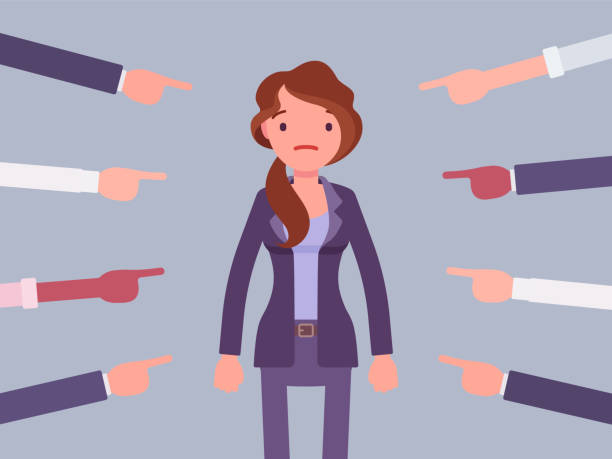Once you reach a certain age, it’s hard not to blame your problems on aging. Even when you know better.
That’s what happened with a seemingly trivial difficulty I had the other day. That morning, when I picked up my reading glasses, one of the arms fell off. I inspected the hinge where the arm met the rest of the frame, and the screw that had held it together had gone missing. No problem. I had one of those kits with a miniature screwdriver and half a dozen little screws.
I spent the next half hour trying to poke the tiny screw through the miniscule hole in the hinge and couldn’t do it. It must be my age (88), I thought. I had to squint to see what I was doing, and surely there was a tremor in my hand as well.
I’d have to ask for help. I was not only frustrated but embarrassed that I couldn’t manage this simple repair by myself.
When I tried calling the optician who sold me the glasses, she wasn’t in. Who else could I turn to? My kids don’t live nearby, and my close friends also have eyesight problems or hand tremors.
“Old age is the pits,” I told myself gloomily.
Eventually, I decided to go to the medical department in the retirement community where I live. This wasn’t exactly a medical emergency, but it was such an easy thing to fix. There must be someone there with good eyesight and steady hands who could help.
Sure enough, the nurse practitioner was willing. And she tried—for about 20 minutes—but wasn’t any more successful than I’d been, so she did what nurses do: she bandaged the glasses, using paper tape, which she wound around and around the empty hinge to hold the arm in place. Not pretty, but it worked.
The following morning, the optician was available. While she struggled to peel off the paper tape, she complained, “Why don’t people use common sense? All you need is the tie from a loaf of bread to fix the hinge temporarily.”
Belatedly remembering I’d done that at least once in the past, I silently cursed my aging memory.
But though she must have had lots of practice, it took the optician a good 20 minutes to repair the glasses. It was then that I finally realized I’d been wrong to assume old age was responsible for my failure. Reattaching the arm just wasn’t easy.
The moral of the story is that as you grow older, it’s tempting to blame all sorts of things on your own aging. Getting older certainly does cause many changes in body and brain, but it’s folly to hold it responsible for all the things in your life that are difficult or unpleasant.
Living in an ageist society teaches you that older people are mostly unhealthy and often mentally incompetent, so you expect the worst. Your legs ache after a morning of shopping? You write that off as something caused by living so long, ignoring the fact that you don’t get much exercise and you’re out of shape. You can’t remember the name of someone you met yesterday? You pin that on your aging brain—even if you’ve never been good at remembering names.
When I couldn’t fix my glasses, I was wrong to assume the problem was my age. Actually, my hands don’t usually shake, and my eyesight is only slightly worse than it was 20 years ago.
Blaming aging (wrongly) can make you feel helpless, because there’s nothing you can do about aging, and can undermine your self-confidence as well.
I hope to know better next time.

Flora Davis has written scores of magazine articles and is the author of five nonfiction books, including the award-winning Moving the Mountain: The Women’s Movement in America Since 1960 (1991, 1999). She currently lives in a retirement community and continues to work as a writer.



